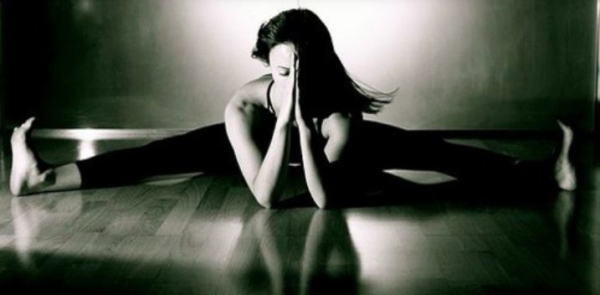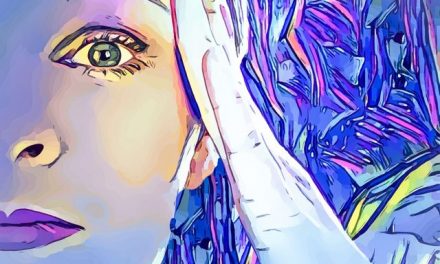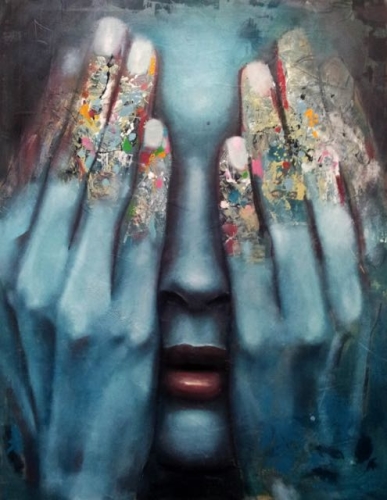
Maybe realization is none other than the persistence of perpetual practice. Maybe awakening is, itself, the enacting perpetuation of perdurable practicing.
By Duane Toops
A few weeks back I read Jocko Willink’s book, Discipline Equals Freedom.
Shortly there after I read another book that Willink co-authored called Extreme Ownership. There were a few passages in each text that I found myself really struck by.
In Discipline Equals Freedom Willink writes the following:
“People look for the shortcut. the hack…The shortcut is a lie. The hack doesn’t get you there…There is no easy way. There is only hard work, late nights, early mornings, practice, rehearsal, repetition, study, sweat, blood, toil, frustration, and discipline…There is only one way. The way of discipline.”
In Extreme Ownership, Willink explains that, “Although discipline demands control and asceticism, it actually results in freedom.” He goes on to say that, “discipline—strict order, regimen, and control—might appear to be the opposite of total freedom; the power to act, speak, or think without any restrictions. But, in fact, discipline is the pathway to freedom.”
I think there’s something very “Zen” about the austere emphasis of discipline, especially in the corollary relationship between discipline and liberation. In fact, about five centuries prior to Jocko Willink, Chan Master Hanshan wrote something incredibly similar. He said that, “People are always looking for the easy way. The hard way—the way learned by difficult experience and painful realizations—doesn’t interest them. They want a short-cut.”
But, Hanshan also says that, “True Dharma seekers are afraid of short-cuts. They know better. They know that without effort, there’s no sense of accomplishment. It’s that sense that keeps them going.”
There are many that try to package and peddle sacchariney substitutes to the rigorous demands of disciplined practice, but that’s a dharma of empty calories—insubstantial and ultimately unsustainable. Such a path offers nothing in the way of nourishment. In this regard, Hanshan goes on to say that:
“On the easy path we take things for granted. We get lazy and bored. This is a formula for trouble and loss. When we go the hard way, we know we can’t let our guard down for a moment. We have to stay alert to meet the challenges. Solving problems makes our mind keener and our character stronger. This is achievement! This is true gain!”
Such a perspective within Chan and Zen is not unique to Hanshan. Dogen says that “Between aspiration, practice, enlightenment, and nirvana, there is not a moment’s gap.” And Xuyun explains that “Discipline regulates our behavior and makes it unchanging. Steadiness becomes steadfastness and it is this which produces wisdom.” Xuyun actually goes so far as to say that “Discipline is the foundation upon which enlightenment rests.”
It seems to be impossible to pull apart practice and realization, or to divide discipline and awakening. Maybe realization is none other than the persistence of perpetual practice. Maybe awakening is, itself, the enacting perpetuation of perdurable practicing.
Many Zen masters have likened Enlightenment to chopping firewood and carrying water. Perhaps, is equivalent to chopping firewood and carrying water, not only because these basic activities represent the mundane simplicity of daily life and everyday living but, because they are hard work: they are laborious, monotonous, repetitive, purposeful and necessary.
This might sound weird but, I can’t help but think of Andy Dufresne, the main character in the movie The Shawshank Redemption. Be forewarned spoilers are coming so brace for impact.
Dufresne escapes from prison by tirelessly chiseling a tunnel through the prison wall and painstakingly disposing of the debris one handful at a time, over the course of 19 years, and if that that wasn’t enough the final part of his journey towards freedom is when he crawls through an active sewer pipe the length of five foot ball fields.
That’s discipline, that’s freedom, that’s liberation.
Maybe freedom isn’t found in the ease of a deus ex machina, or the comfort of a salvific transcendence. Maybe freedom is the disciplined tedium of meticulously scraping through the walls of the prison we have constructed for ourselves.
Maybe liberation is crawling through 500 yards of piss and shit, and then basking in the sweet simplicity of the summer rain.
Maybe freedom is the disciplined tedium of meticulously scraping through the walls of the prison we have constructed for ourselves. ~ Duane Toops Click To Tweet
Photo: Pixabay
Editor: Dana Gornall
Were you inspired by this post? You might also like:
Comments
- If We are Brave Enough to Bring What Lives in the Dark, Closer to Light - October 22, 2022
- The Refugee Dreams of Coming Home - October 11, 2022
- Acceptance Begins Where it Ends and Begins Again - September 23, 2022





Trackbacks/Pingbacks